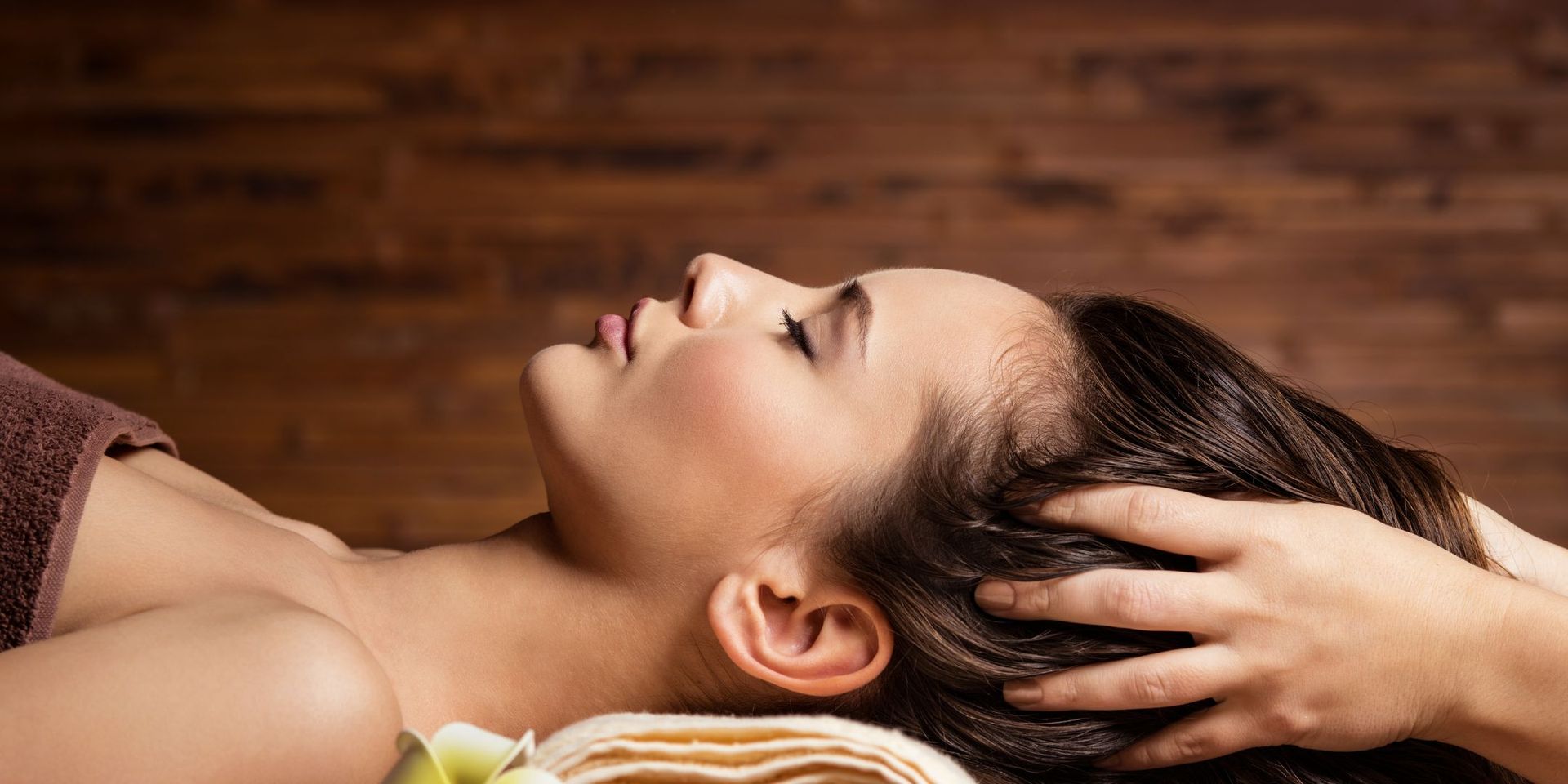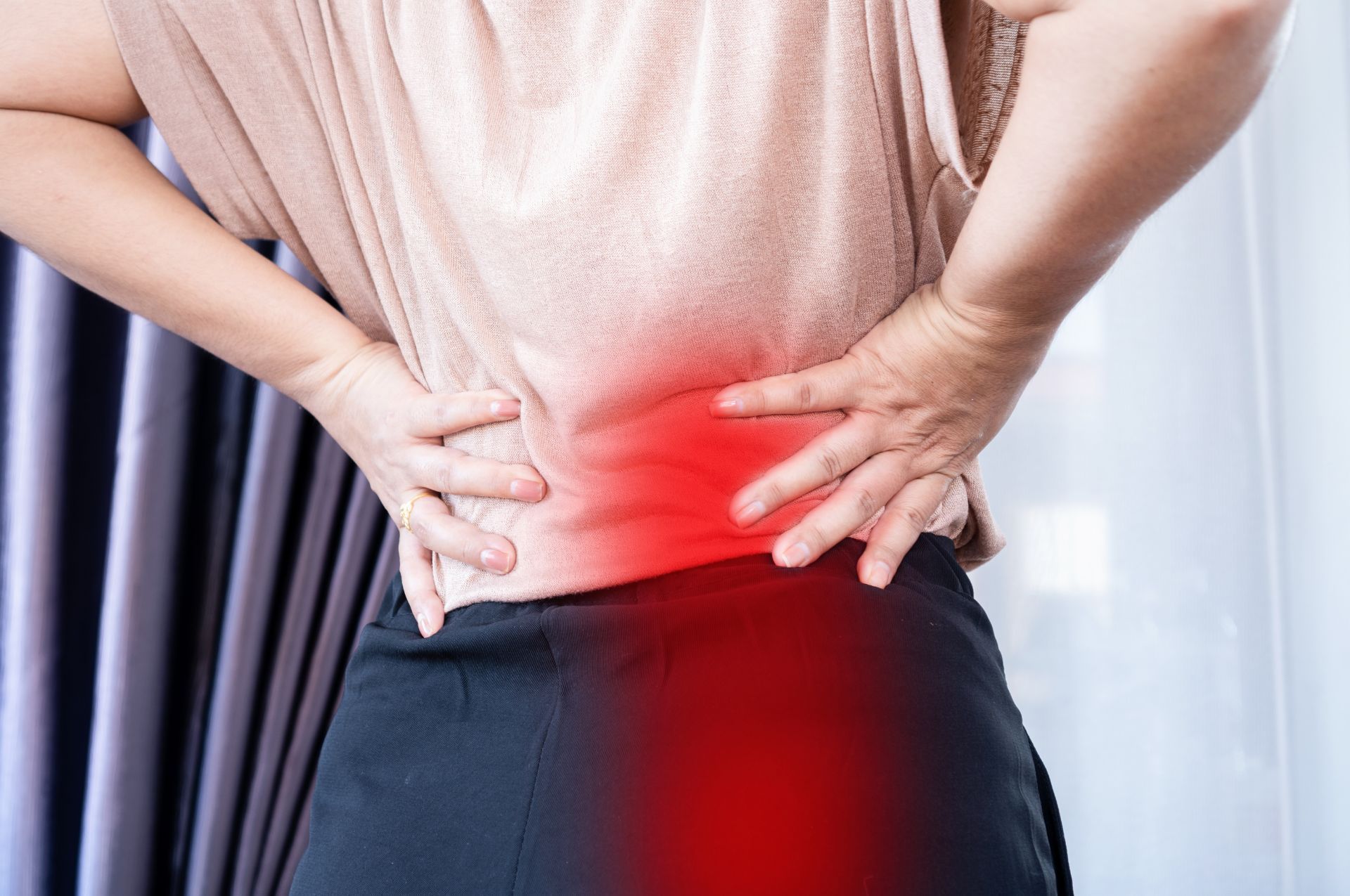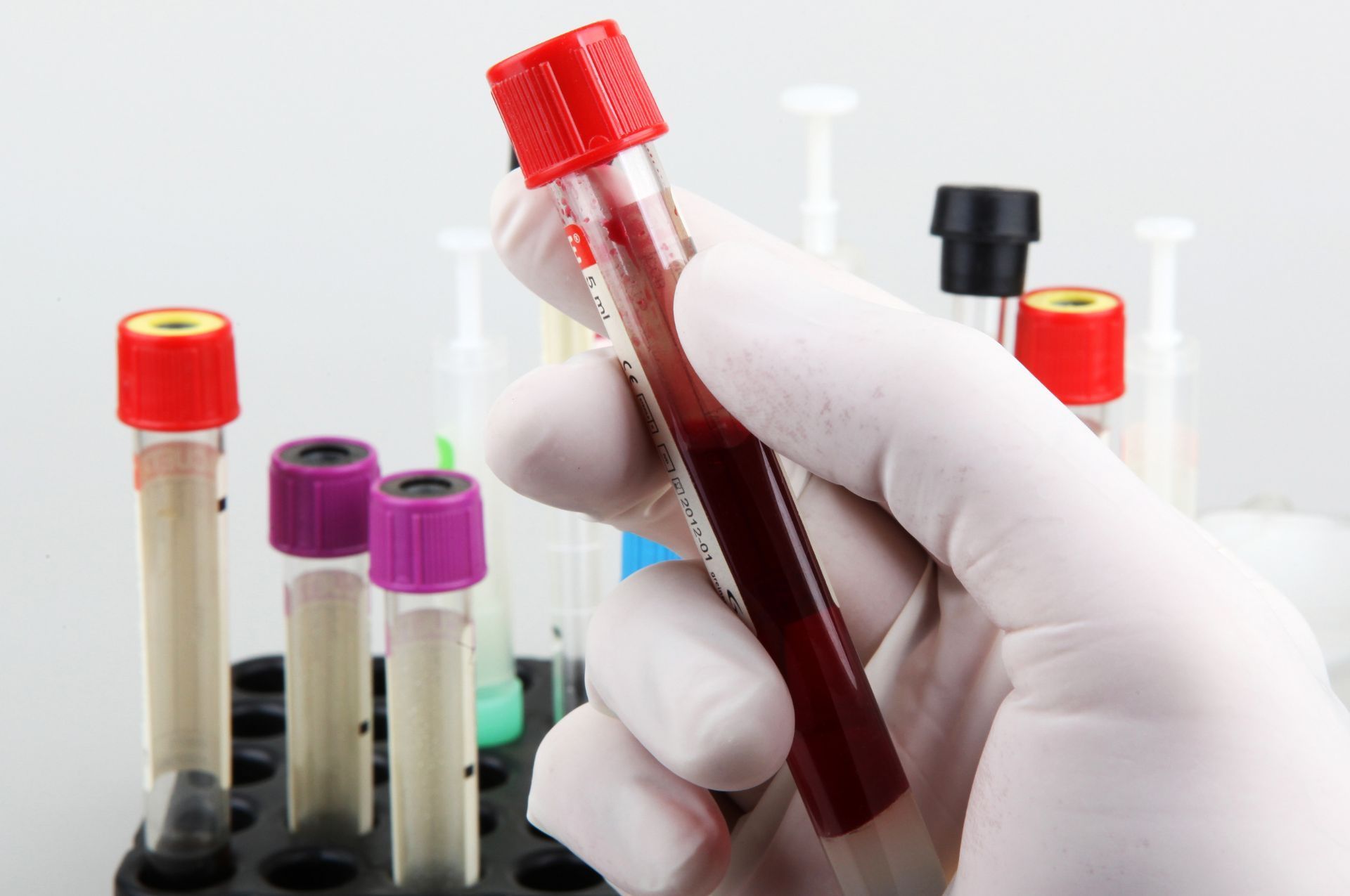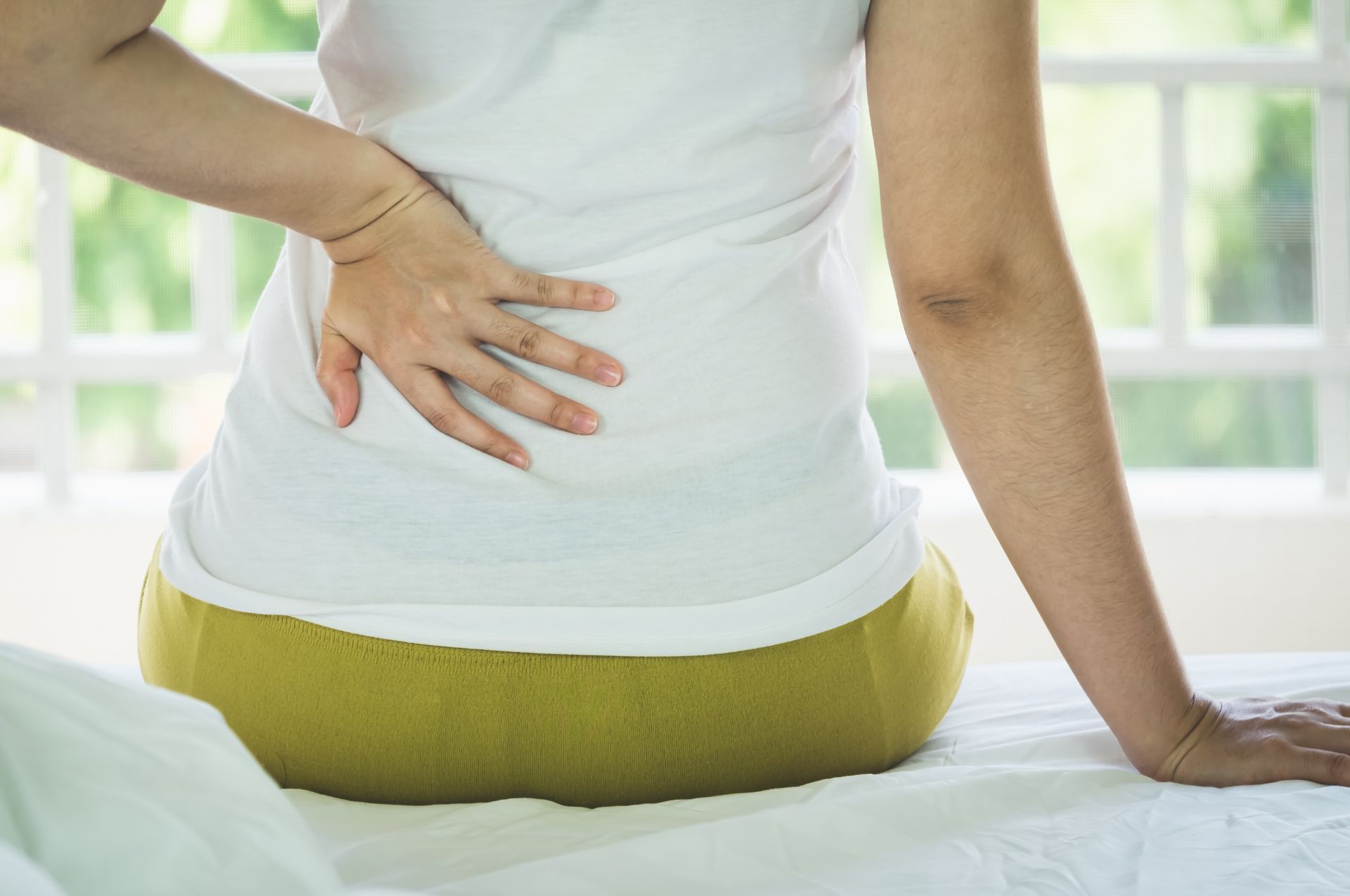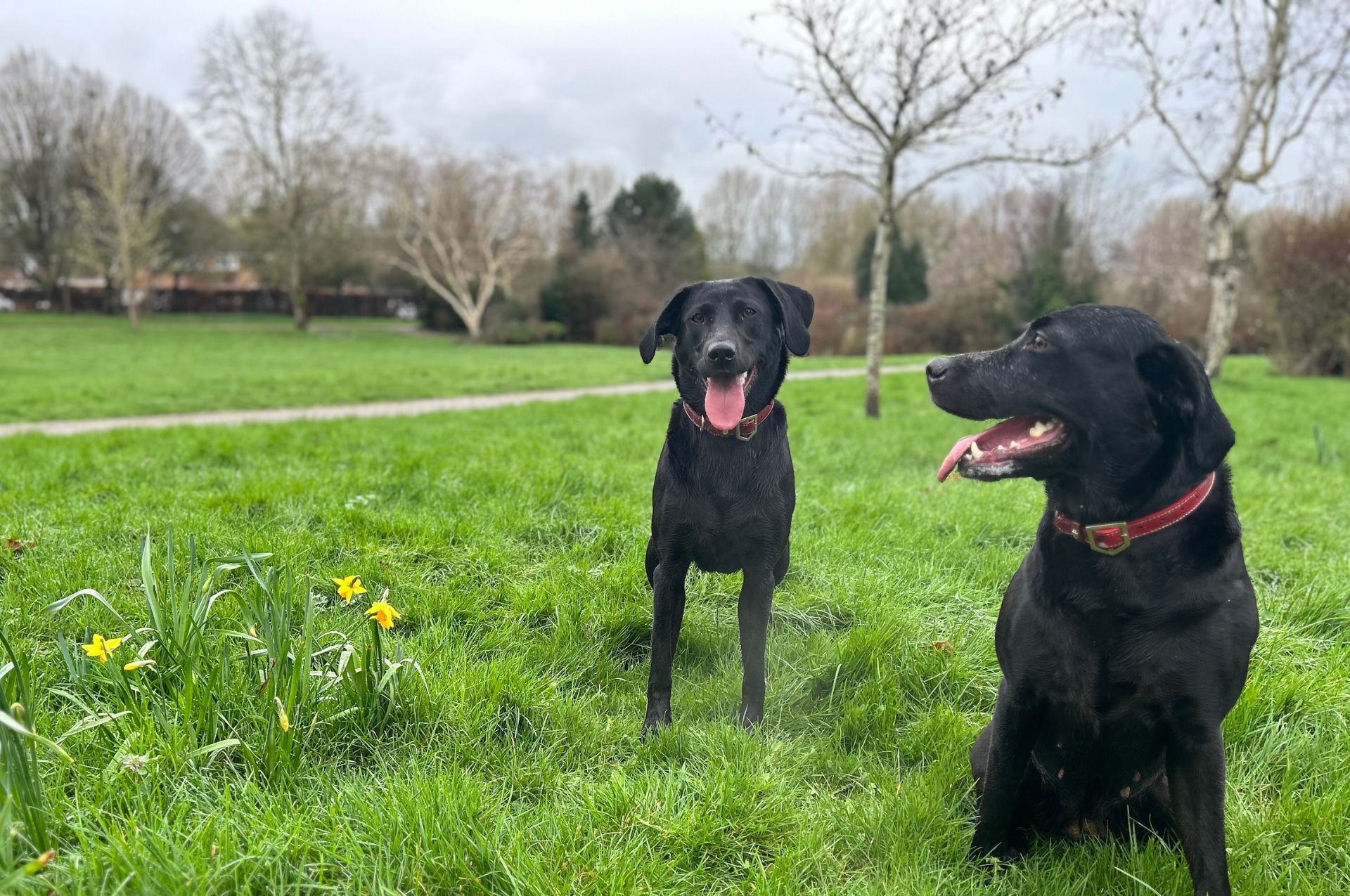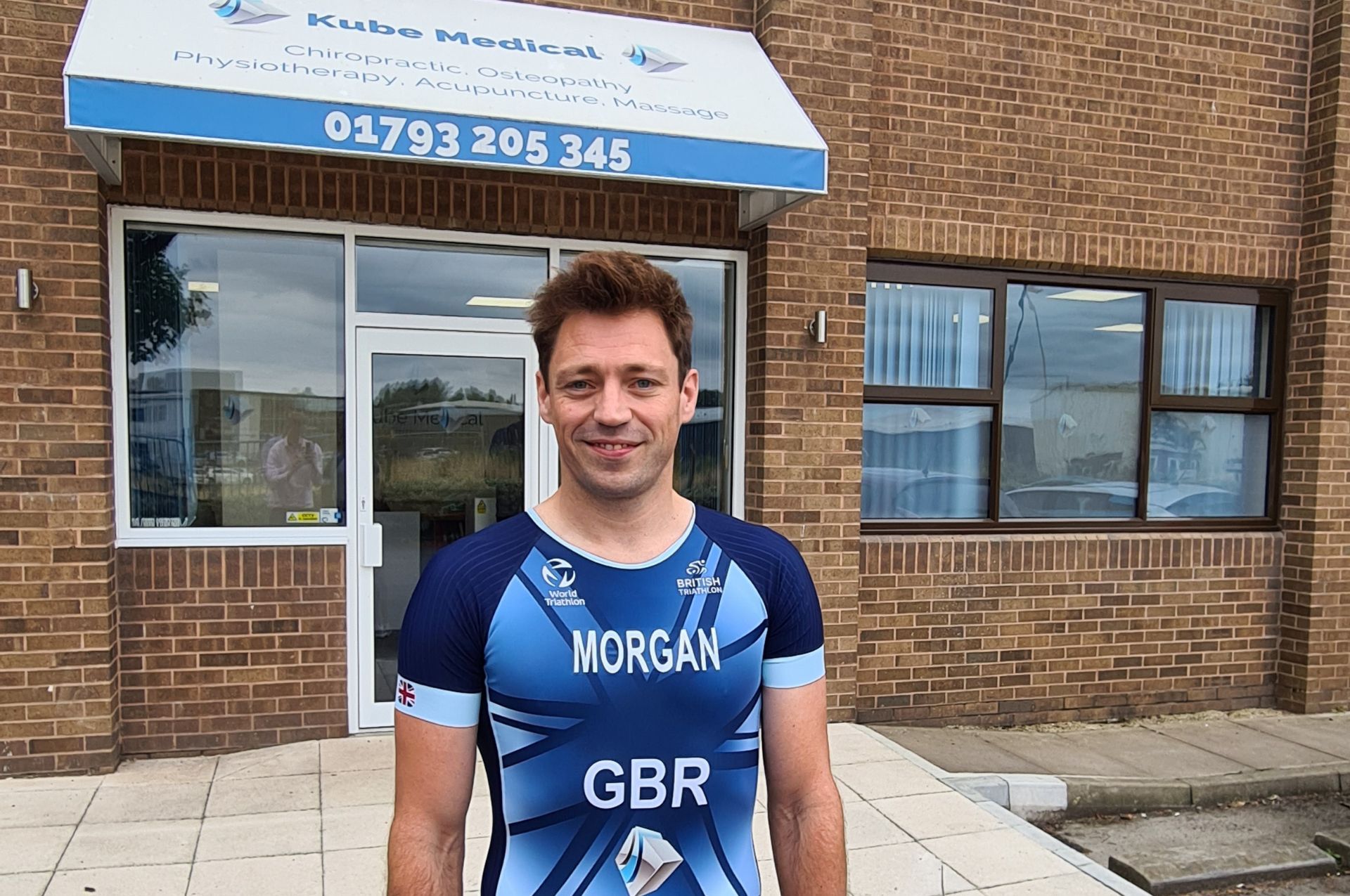Dementia: Standing Up for Those Affected
Dementia, a neurodegenerative disease, has no known cure and is not part of the normal ageing process. It involves shifts in reasoning, memory, understanding, problem-solving, and focus. Presently, over 55 million individuals globally live with dementia. Almost 10 million new cases emerge annually. Dementia stems from various illnesses and injuries that impact the brain. Alzheimer's disease stands as the prevalent type, potentially causing 60-70% of cases.
It is a term of several diseases that affect memory, thinking, and the ability to perform daily tasks. It is a progressive disease that gets worse over time, mainly affecting older people but not all will get it as they age. Some risk factors aside from age are high blood pressure and blood sugar, drinking too much alcohol, depression, smoking, and depression. There are many causes, forms, stages, and types of dementia but we will not talk about it in this post. Our goal for today’s reading is to understand how persons are affected by this disease in order to better help them to be advocates of their care.
What to look out for?
It will be important as well to briefly talk about its signs and symptoms in order for us to be advocates for individuals affected by this illness. Early signs and symptoms would include being confused even in familiar places, difficulty performing familiar tasks, problems following conversations or trouble finding words, difficulties in problem solving or making decisions. Mood and behavioural changes can also reflect as having inappropriate behaviour, withdrawal from social activities, personality changes, and being less interested in others and their emotions. Dementia affects each person in a different way so it would be important to watch out for any subtle changes. These changes can make the affected individual vulnerable.
How and why are they vulnerable?
According to the Merriam-Webster dictionary: "Vulnerable" means capable of being physically or emotionally wounded, open to attack or damage, or lacking in protection. It can also refer to being susceptible to criticism or persuasion. As we have briefly covered, people with dementia might have problems with decision making which would make their activities of daily living more challenging.
They can easily be disoriented such as forgetting to turn the faucet or stove off. These make them vulnerable to physical and emotional harm or trauma. They may need repeated reminders of their usual tasks due to memory lapses and confusion. In severe stages, it may limit the individual’s ability to communicate and perform self-care. Of course, they would still be able to make their own decisions and do their own tasks, but it is our role to guide them safely while respecting their rights and dignity as an individual. Unfortunately, those with dementia often get left out when it comes to having the same basic rights and freedom that are available to others.
How can we help?
It would be crucial to educate those who primarily care and support people with dementia. It is suggested to create a daily routine as well as promoting independence by encouraging them to do more for themselves. Motivation and predictability of these activities can help them relax and retain their independence and self-esteem. Planning activities that are enjoyable and engaging for them will make the individual feel valued and useful. Such activities can be gardening, cooking, singing, dancing, and playing board games.
Improving the way we communicate with them would also help. Such suggestions are:
- Use simple commands, one request at a time.
- Give them more time to respond to your question before you repeat it.
- If they don't seem to understand, try saying it in a different way.
- Avoid chatting while they're trying to do something – it might distract them.
- Check if communication issues are because of vision or hearing problems. Make sure their glasses and hearing aids are working well.
A little understanding and compassion can make all the difference. By taking what we've learned and putting it into action, we can be a powerful force for change. Let's turn vulnerability into strength, and ensure that every individual's rights and freedom are respected. The difficulties experienced by this group highlight the need for advocates who can protect their rights and make sure they receive care that's centred around them and their needs.
References:
- WHO Dementia Available:https://www.who.int/news-room/fact-sheets/detail/dementia (accessed 09.8.2023)
- Gubbels S, Bacci S, Laursen H, Høgenhaven H, Cowan S, Mølbak K, Christiansen M. Description and analysis of 12 years of surveillance for Creutzfeldt–Jakob disease in Denmark, 1997 to 2008. Eurosurveillance. 2012 Apr 12;17(15):20142
- Physiopedia Available: https://www.physio-pedia.com/Physiotherapists_as_Advocates_for_Individuals_Living_With_Dementia (accessed 04.08.2023)
- Physiopedia Available: https://www.physio-pedia.com/Carers_Guide_to_Dementia (accessed 04.08.2023)

